Ten foreign players will represent the Russian Premier Liga at Euro 2020.
Netherlands
Quincy Promes (Spartak Moscow)
The Netherlands’ participation in the Euros finals pushed Promes to return to Spartak in the winter. "If I had stayed on the bench at Ajax, there would not have been such a great chance to be at the Euro," the Red-White winger admitted to the Dutch outlet AD.nl “That's the only reason I went to Russia. Nothing more."
His country’s last major tournament was the 2014 World Cup in Brazil, where Louis van Gaal's team finished third. Promes, who was then playing for Twente, made the preliminary squad, but did not reach the final cut, and after the tournament he moved to Spartak. Playing in the RPL, Promes regularly went to the national team, but did not make it to Euro 2016 or the 2018 World Cup. After his second move to Spartak, he didn’t miss a single RPL match and scored three goals, but only racked up 21 minutes for his country in a friendly 2-2 draw against Scotland.
Poland
Maciej Rybus (Lokomotiv Moscow)
The defender first went to the Euros in 2012 as a Terek Grozny player. However, at the home tournament for Poland, Rybus only featured in the opening match, a 1-1 draw against Greece, and remained on the bench against Russia and the Czech Republic. The player was set to participate at Euro 2016, especially after the most productive season in his career scoring nine goals in 28 RPL matches for Terek, but missed the tournament due to a shoulder injury.
Before the 2018 World Cup, Rybus won the championship with Lokomotiv and started the tournament at the heart of the national team, but Poland lost to Senegal and Colombia and did not make the knockout stages. Under Paulo Sousa, who took charge in January, Rybus has started in two games out of five, and his pre-Euro practice was 10 minutes in a friendly against Iceland. Stanislav Cherchesov, who worked with the player in Grozny, tried to put a positive spin on things by calling him a "golden kid".
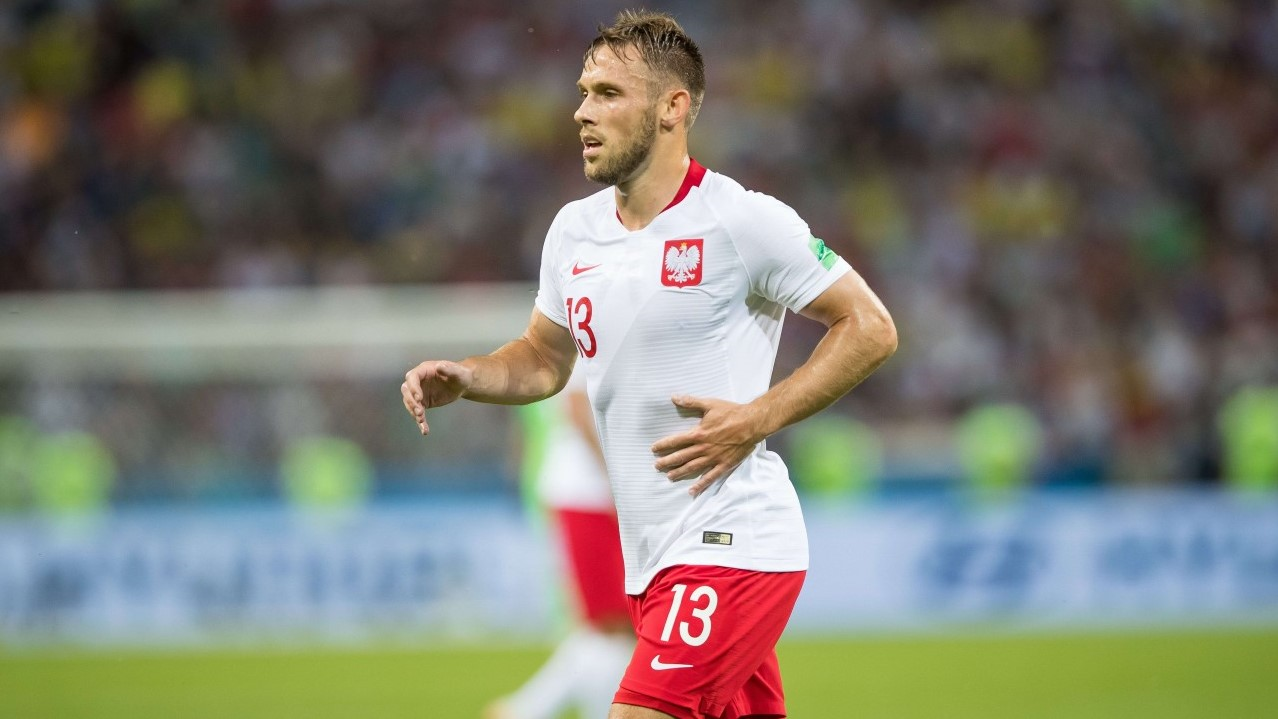
Grzegorz Krychowiak (Lokomotiv Moscow)
The midfielder played for the national team at both Euro 2016 and the 2018 World Cup: he played all the matches without being substituted, and also represented different clubs. In France, Grzegorz played after winning the Europa League with Sevilla ,and at the end of the tournament signed a contract with PSG. Two years later he came to Russia after a loan at West Brom and in July returned to become a player of Lokomotiv.
Krychowiak comes to Euro 2020 on the back of strong form. He became Lokomotiv’s top scorer in the RPL (nine goals), clinched a top-three finish for the third consecutive season (two runners up and a third-place finish), won the Russian Cup, and for the first time since 2016 led Poland with the captain's armband in a friendly against Russia.
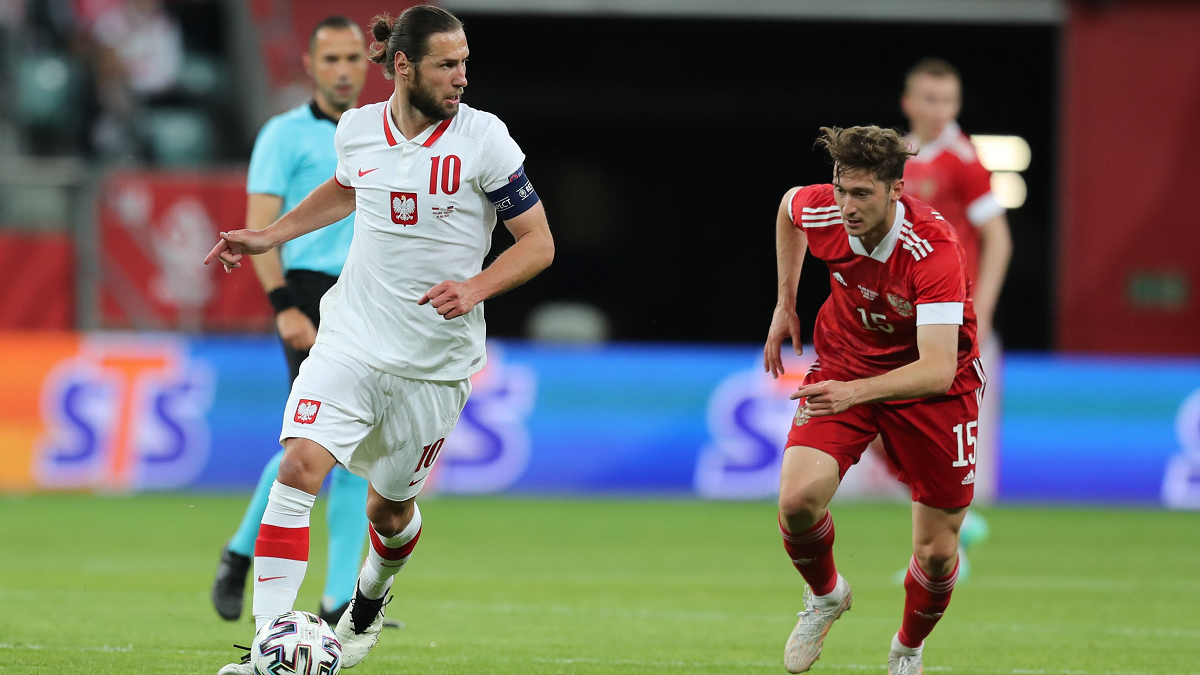
Croatia
Dejan Lovren (Zenit St. Petersburg)
The defender played for Croatia at the World Cups in Brazil and Russia, but did not play at the Euros in 2012 or 2016. Lovren was not included in the final squad for the tournament in Poland and Ukraine due to health reasons, and he did not come to France due to a conflict with head coach Ante Cacic.
Before the current championship, Lovren again faced a problem. Due to muscle tissue damage, he missed the last six matchdays of the RPL title-winning campaign, and at the national team training camp there was a relapse of the injury. The Zenit captain did not participate in the friendly matches against Armenia and Belgium, but it did not prevent the coaching staff, which includes Lokomotiv’s former defender Vedran Corluka, from putting the 31-year-old player in the squad.
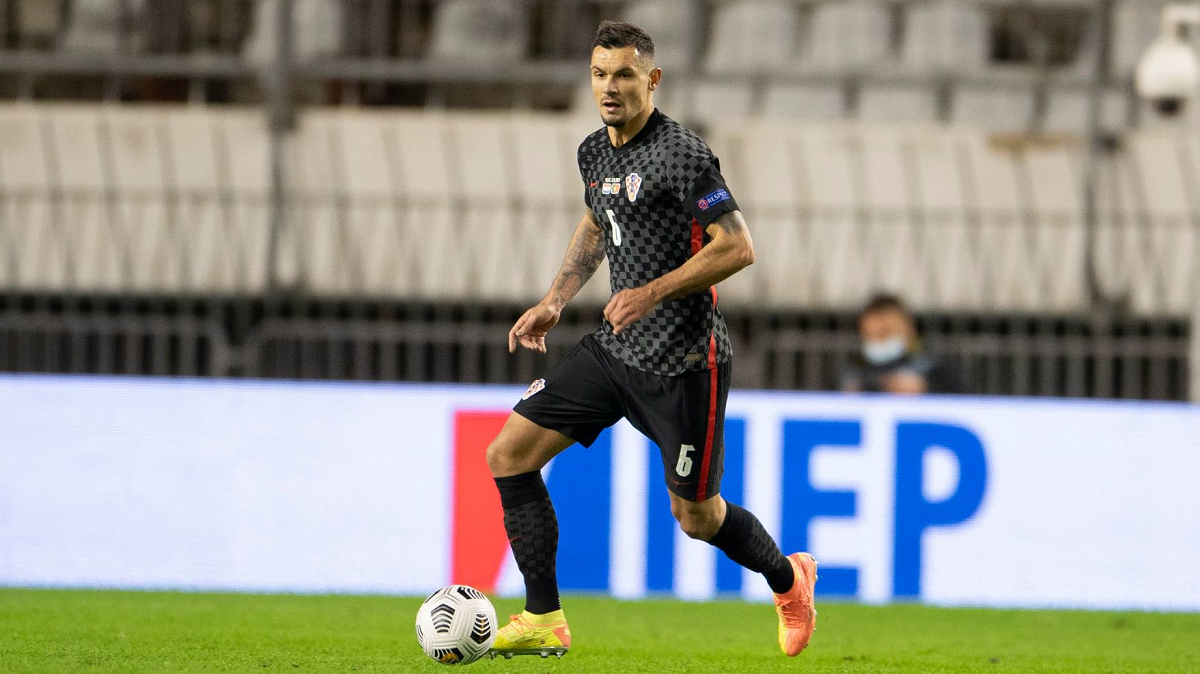
Nikola Vlasic (CSKA Moscow)
In 2019, the CSKA midfielder went to the European U-21 Championships, scoring twice in three games, and now for the first time he will play at the Euros for the senior team. Vlasic's role will certainly be significant; he has been the Armymen’s top scorer two years in a row and during the season participated in all of Croatia’s official games, missing only friendlies with Switzerland (October) and Turkey (November). In the recent warm-up matches, the 23-year-old got a little game time - one half against Armenia, half an hour against Belgium - but before that he didn’t participate in the final two RPL matchdays due to injury.
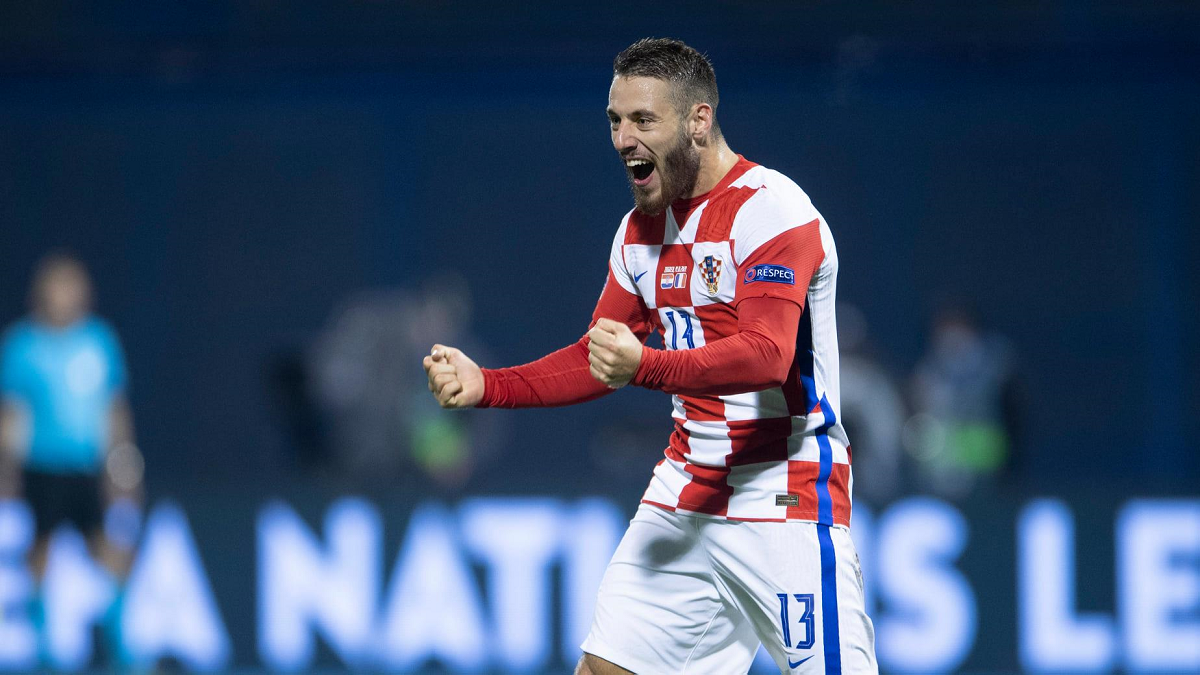
Czech Republic
Alex Kral (Spartak Moscow)
The Czech national team will play at their seventh Euros in a row, and they got an early ticket to the tournament thanks to Kral. On 14 November 2019, the Spartak midfielder scored a goal and made an assist in a meeting with Kosovo, and thanks to a 2-1 victory, the Czechs secured second place in the group a matchday before the end of qualifiers.
Euro 2020 is Kral's first tournament with the senior side. Earlier in his career, he participated in the European Championships at U-17 level in 2015 and two years later with the U-19. At the latter, the midfielder was included in the team of the tournament.
Sweden
Viktor Claesson (FC Krasnodar)
During the Euro qualifiers, Claesson suffered a torn cruciate ligament in an away match against Spain in June 2019. He returned to playing for Krasnodar in August 2020, and for the national team in October - in a friendly against Russia at the VEB Arena.
It was in Russia that the Krasnodar midfielder played his only tournament for the national team – the 2018 World Cup. Then Claesson appeared in five matches and made two assists, and the team reached the quarter-finals. During the Euros group stage, the 29-year-old will visit Russia again when Sweden face Slovakia and Poland in St. Petersburg.
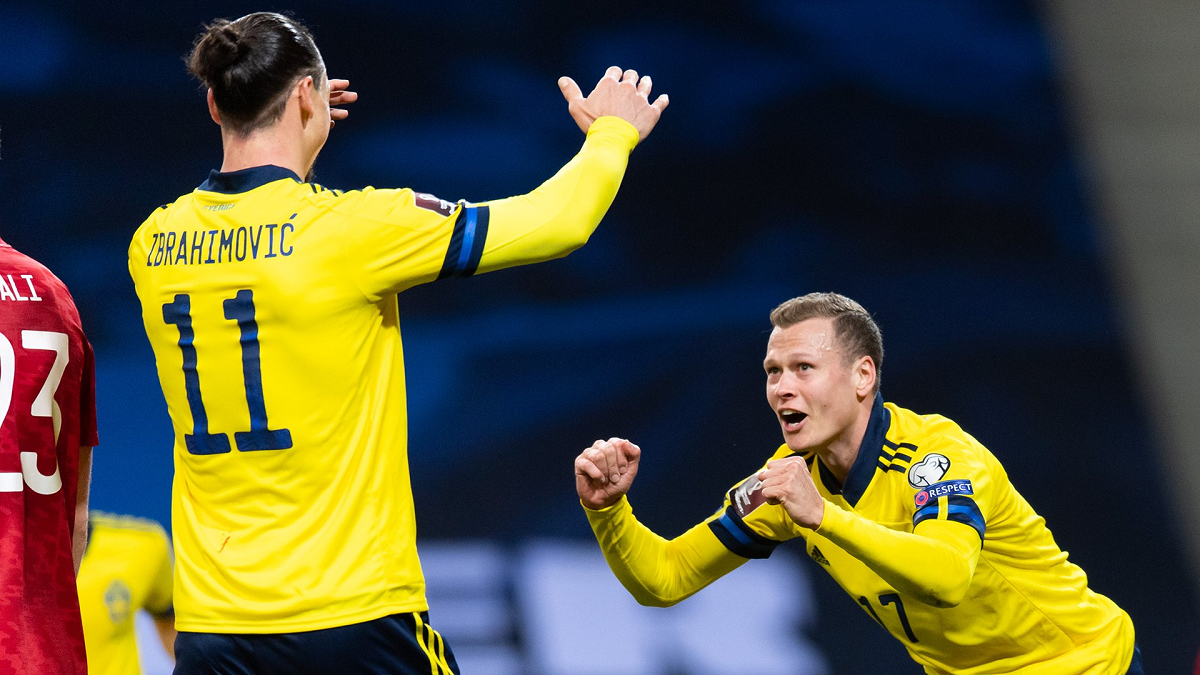
Kristoffer Olsson (FC Krasnodar)
Claesson's teammate gained a foothold in the national team after the 2018 World Cup, and the move to Krasnodar in the winter of 2019 also made sense. Olsson played in nine out of ten Euro qualifiers, and in the 2020/21 season participated in all Nations League fixtures and 2022 World Cup qualifiers. He barely missed a game for Krasnodar. In the RPL, he played 26 matches and scored three goals, and in his debut campaign for the club in the Champions League group stage, he appeared in five meetings.
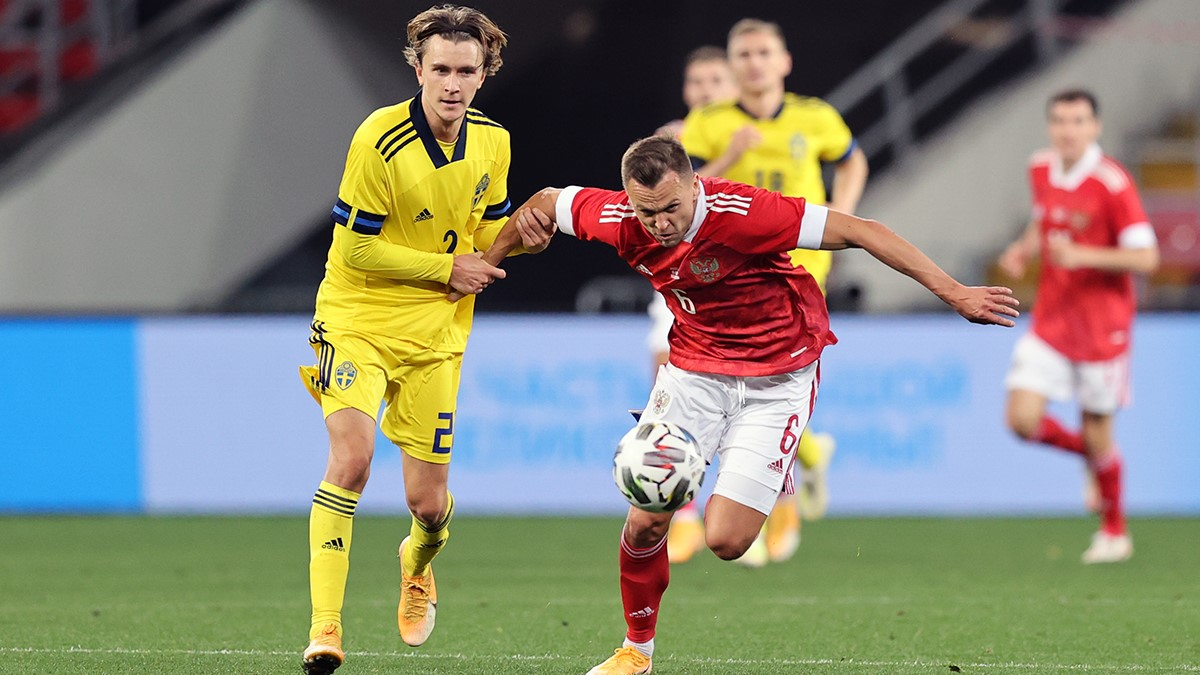
Marcus Berg (FC Krasnodar)
At U-21 level, Berg finished top scorer at the Euros; in 2009, he scored seven goals in four matches at the finals - while he only first appeared at a tournament at senior level in 2016. In France, the striker played in all three matches, but did not score, and the team didn’t advance from the group. At the 2018 World Cup, Berg was also Sweden’s main striker. He appeared in each of the five matches, four of them completely, but failed to score.
Nevertheless, Berg is the most productive player from Sweden’s Euros squad. The 34-year-old striker has scored 24 goals, while the next closest have just nine - his teammate Claesson, as well as Andreas Granqvist and Sebastian Larsson. At the tournament, Berg will still technically be a Krasnodar player, but after that he will return to Gothenburg, where he began his professional career in 2005.
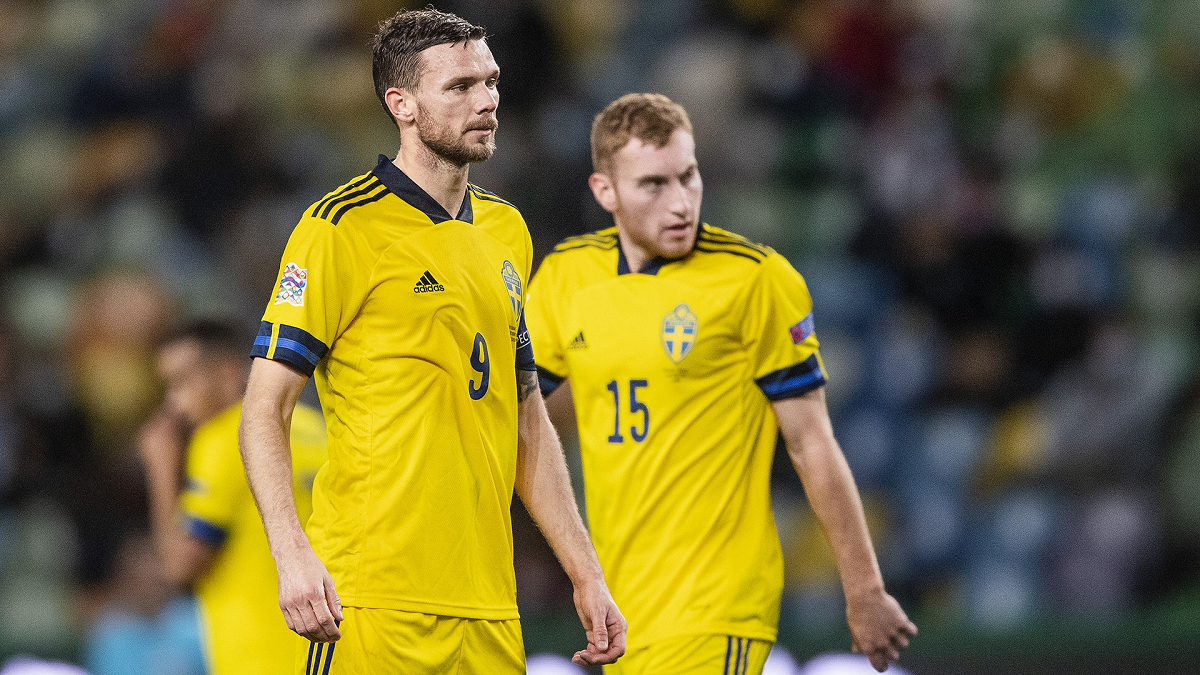
Jordan Larsson (Spartak Moscow)
When the striker's father Henrik played at his last Euro in 2008, Jordan was just 10 years old (he turned 11 on 20 June, two days after Sweden’s 2-0 defeat to Russia). Larsson Sr. represented Sweden at three European Championships: at Euro 2000, he scored against Italy, then four years later against Bulgaria (twice) and Denmark (from a penalty). In 2008, he only registered an assist for Zlatan Ibrahimovic against Greece. Incidentally, Ibrahimovic had been recalled for the upcoming championships, but picked up an injury.
Larsson Jr. has played only six games for the national team, but before the Euros he had an excellent season for Spartak with 15 goals - the most in the team. He was among the RPL’s three highest scorers, as the Red-Whites qualified for the Champions League for the first time since 2018.
Photo: Konstantin Rybin/RPL; Polish Football Federation; Croatian Football Federation; Swedish Football Association





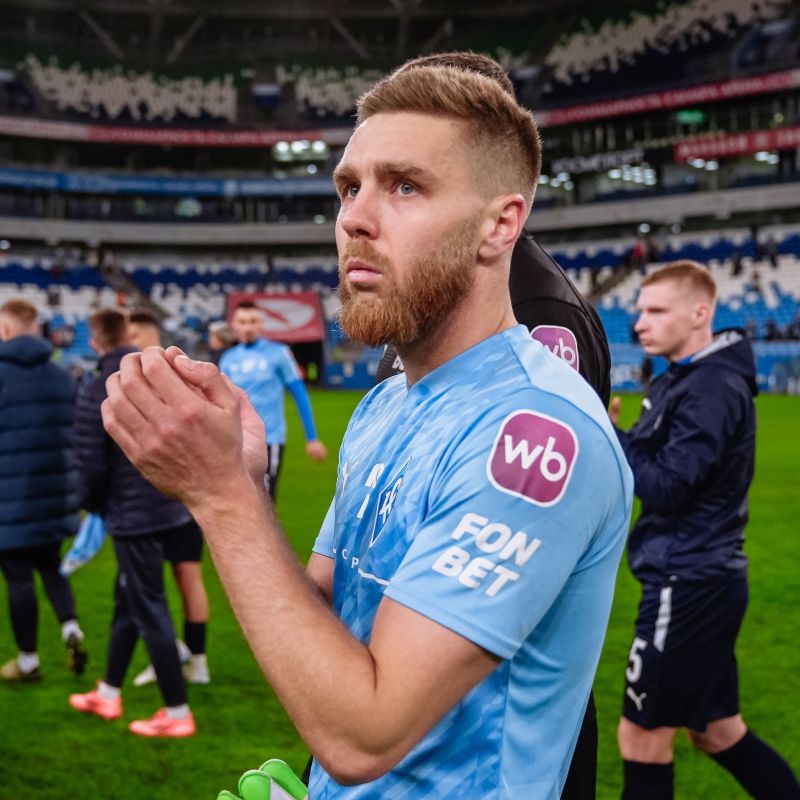
Обратная связь
Вы можете обратиться в РФПЛ с интересующим Вас вопросом или оставить сообщение (пожелание, замечание). Также вы можете сообщить имеющиеся у вас сведения о "договорных" матчах.